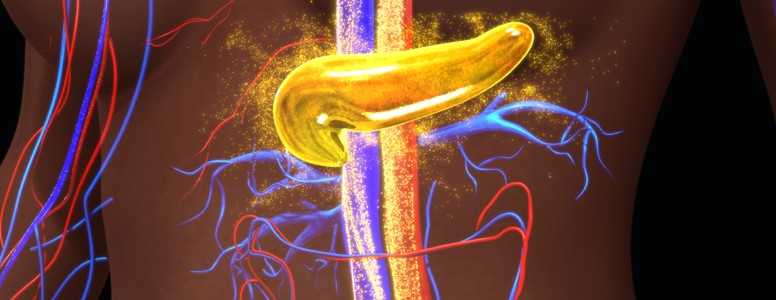Researchers have made a discovery that could explain why a low-carb, high-fat diet can promote healthy aging and prevent age-related diseases.
Previous studies have shown that eating less sugar and more healthy fat can protect against type 2 diabetes, Alzheimer’s disease and cancer, but the mechanics behind this metabolic process have been unclear.
Now, researchers have observed a detoxification system in the body which has not previously been identified, and could explain how the body protects itself from the harmful effects of sugar.
Metabolic processes
The process involves a metabolite called methylglyoxal, which originates from the body’s sugar metabolism, and has been known to cause age-related diseases.
In this detoxification system observed by scientists at Aarhus University, Denmark, a ketone called acetoacetate, which originates from the body’s fat-metabolism, was shown to inhibit methylglyoxal from working.
The detoxification process also led to a third metabolite emerging known as 3-HHD, which does not have the harmful effects of methylglyoxal.
The Aarhus researchers then conducted in vivo studies and discovered 3-HHD in the blood of people who lacked insulin or had fasted the night before, which is known to induce ketosis.
On a general level, this discovery indicates that fat-metabolism in the cells occurs simultaneously as the detoxification of the harmful effects of methylglyoxal. This could therefore have positive effects on blood sugar levels and metabolism.
“We have found a new metabolite that demonstrates an alternative chemical detoxification of methylglyoxal when we burn fat,” said lead author Mogens Johannsen.
Ketosis
Ketosis can be a healthy state for people with diabetes because the body relies less on glucose for fat burning and more on ketones, which can lead to improved blood sugar levels and lower medication requirements. Johannsen is convinced ketones have a valuable role regarding biological aging.
“Now we have evidence for saying that ketones can minimise the amount of harmful methylglyoxal in living organisms, and that is a discovery that gets noticed, as it involves two of the most debated substances within biological aging and late diabetic complications. Moreover, these substances react with each other.
“One perspective could be to follow a diet with fewer carbohydrates and more fat. The fat helps to encapsulate and destroy the sugars that cause the pain.”
Johannsen added that the findings could be relevant for people with diabetes-related complications such as neuropathy.
The findings have been published in the journal Cell Chemical Biology.


